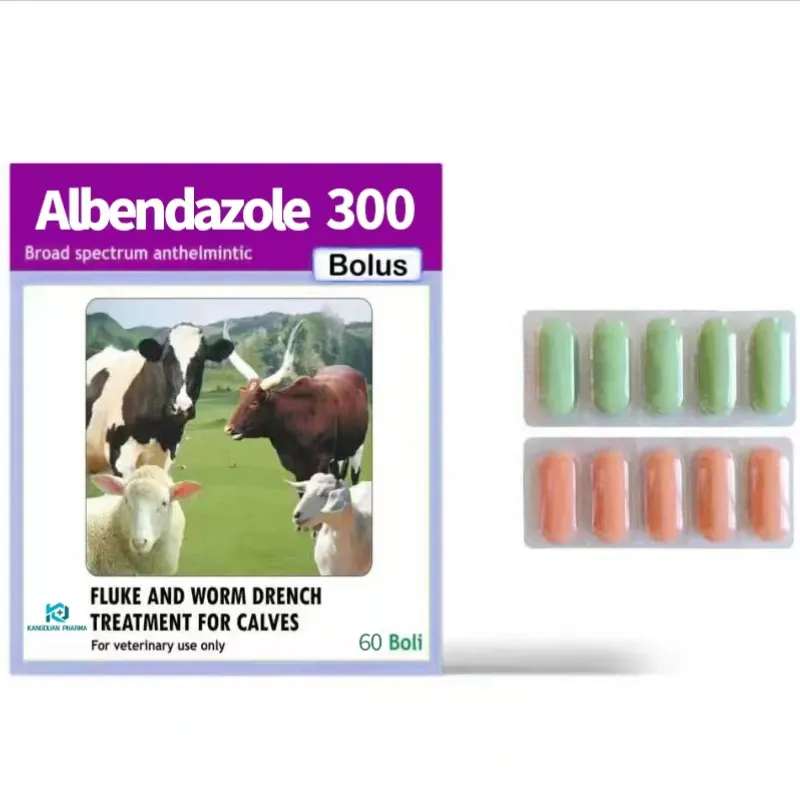- Afrikaans
- Albanian
- Amharic
- Arabic
- Armenian
- Azerbaijani
- Basque
- Belarusian
- Bengali
- Bosnian
- Bulgarian
- Catalan
- Cebuano
- Corsican
- Croatian
- Czech
- Danish
- Dutch
- English
- Esperanto
- Estonian
- Finnish
- French
- Frisian
- Galician
- Georgian
- German
- Greek
- Gujarati
- Haitian Creole
- hausa
- hawaiian
- Hebrew
- Hindi
- Miao
- Hungarian
- Icelandic
- igbo
- Indonesian
- irish
- Italian
- Japanese
- Javanese
- Kannada
- kazakh
- Khmer
- Rwandese
- Korean
- Kurdish
- Kyrgyz
- Lao
- Latin
- Latvian
- Lithuanian
- Luxembourgish
- Macedonian
- Malgashi
- Malay
- Malayalam
- Maltese
- Maori
- Marathi
- Mongolian
- Myanmar
- Nepali
- Norwegian
- Norwegian
- Occitan
- Pashto
- Persian
- Polish
- Portuguese
- Punjabi
- Romanian
- Russian
- Samoan
- Scottish Gaelic
- Serbian
- Sesotho
- Shona
- Sindhi
- Sinhala
- Slovak
- Slovenian
- Somali
- Spanish
- Sundanese
- Swahili
- Swedish
- Tagalog
- Tajik
- Tamil
- Tatar
- Telugu
- Thai
- Turkish
- Turkmen
- Ukrainian
- Urdu
- Uighur
- Uzbek
- Vietnamese
- Welsh
- Bantu
- Yiddish
- Yoruba
- Zulu
Novemba . 15, 2024 07:17 Back to list
albendazole for pregnant goats
The Use of Albendazole for Pregnant Goats Safety and Efficacy
Albendazole is an anthelmintic medication widely used in veterinary medicine to treat a variety of parasitic infections in livestock, including goats. While effective against a range of parasites, the use of albendazole during the gestational period of goats raises important questions regarding its safety and efficacy. This article will explore the implications of administering albendazole to pregnant goats, considering both the benefits and potential risks.
Understanding Albendazole
Albendazole is a broad-spectrum benzimidazole that works by inhibiting the polymerization of tubulin, effectively disrupting the microtubule formation in parasitic cells. This disruption leads to the death of the parasites, making albendazole a powerful tool for the control of gastrointestinal worms, lungworms, and some protozoa. In goats, these parasites can lead to significant health issues, including malnutrition and poor growth rates.
Importance of Deworming in Pregnant Goats
Deworming pregnant goats is crucial not only for the health of the mother but also for the developing fetuses. A high parasite burden can lead to weight loss, decreased feed efficiency, and weakened immune systems, impacting the overall health and productivity of the animal. Furthermore, some parasites can be transmitted to kids, leading to health complications shortly after birth. For these reasons, the strategic administration of dewormers like albendazole is often recommended during certain periods of pregnancy.
Timing of Administration
The timing of deworming treatments is of paramount importance. In general, it is advisable to administer albendazole during the first trimester of pregnancy when the major organ systems of the fetus are being formed. Research indicates that administering albendazole during this period poses the least risk to fetal development. However, administration should be avoided in the late stages of pregnancy unless absolutely necessary, as stress on the mother from treatment can lead to complications like premature labor.
albendazole for pregnant goats

Safety Profile and Risks
When used in accordance with veterinary guidelines, albendazole is generally regarded as safe for pregnant goats. However, there are some potential risks. Studies have shown that high doses or prolonged use can lead to adverse effects, including fetal abnormalities. Although these occurrences are rare, they highlight the need for careful dosage and timing when treating pregnant goats.
It is also important to note that the health status of the pregnant goat can affect the risks associated with albendazole treatment. A goat that is already suffering from a high parasitic load may be more vulnerable to complications compared to a healthy goat. Thus, it is essential for farmers and veterinarians to assess the overall health of the animal before proceeding with treatment.
Alternatives and Considerations
When considering albendazole for pregnant goats, producers may also explore alternative deworming products that may have a better safety profile. Some natural dewormers or less potent anthelmintics can offer alternatives with fewer risks. However, it is crucial to ensure that any alternative treatments are effective against the specific parasites present in the herd.
Additionally, a comprehensive management plan that includes regular fecal testing and monitoring of parasite levels can help inform the need for treatment and reduce the reliance on chemical dewormers. Integrated parasite management strategies, such as rotational grazing and maintaining a clean living environment, can also play a role in minimizing parasitic infections in goats.
Conclusion
In summary, while albendazole can be an effective treatment for parasitic infections in pregnant goats, its use must be approached with caution. Consideration should be given to the timing of treatment, the health status of the animal, and potential risks to fetal development. Consultation with a veterinarian can help ensure that the benefits of treatment outweigh the risks, ensuring the health of both the mother and her kids. Ultimately, a proactive and integrated approach to parasite management will promote the well-being of pregnant goats and their offspring, contributing to the overall health of the herd.
-
Guide to Oxytetracycline Injection
NewsMar.27,2025
-
Guide to Colistin Sulphate
NewsMar.27,2025
-
Gentamicin Sulfate: Uses, Price, And Key Information
NewsMar.27,2025
-
Enrofloxacin Injection: Uses, Price, And Supplier Information
NewsMar.27,2025
-
Dexamethasone Sodium Phosphate Injection: Uses, Price, And Key Information
NewsMar.27,2025
-
Albendazole Tablet: Uses, Dosage, Cost, And Key Information
NewsMar.27,2025













